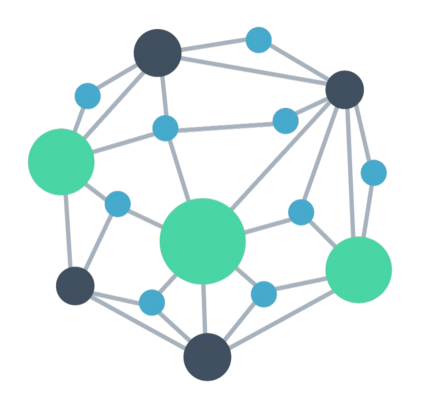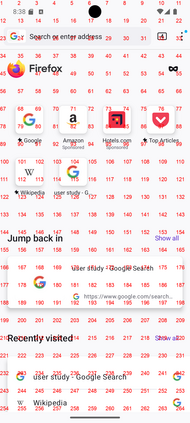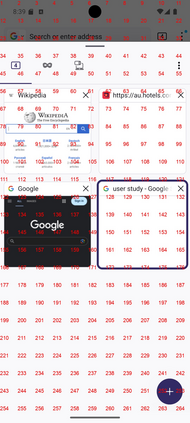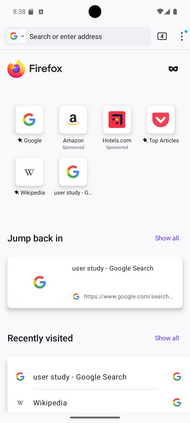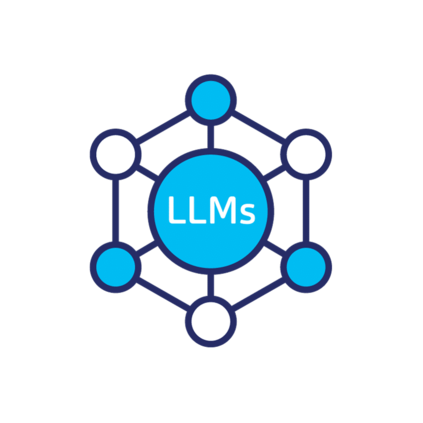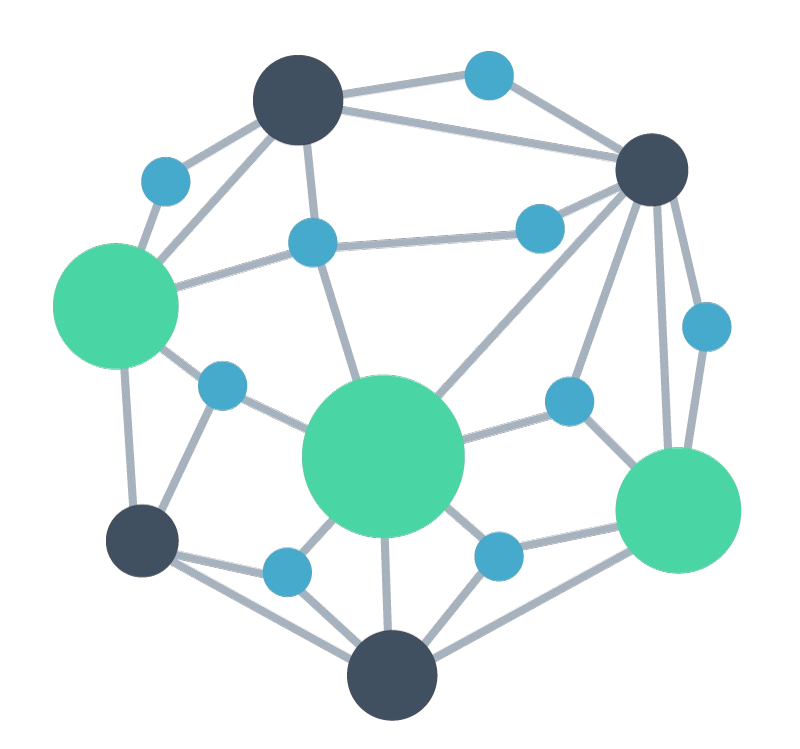Exploratory testing (ET) harnesses tester's knowledge, creativity, and experience to create varying tests that uncover unexpected bugs from the end-user's perspective. Although ET has proven effective in system-level testing of interactive systems, the need for manual execution has hindered large-scale adoption. In this work, we explore the feasibility, challenges and road ahead of automated scenario-based ET (a.k.a soap opera testing). We conduct a formative study, identifying key insights for effective manual soap opera testing and challenges in automating the process. We then develop a multi-agent system leveraging LLMs and a Scenario Knowledge Graph (SKG) to automate soap opera testing. The system consists of three multi-modal agents, Planner, Player, and Detector that collaborate to execute tests and identify potential bugs. Experimental results demonstrate the potential of automated soap opera testing, but there remains a significant gap compared to manual execution, especially under-explored scenario boundaries and incorrectly identified bugs. Based on the observation, we envision road ahead for the future of automated soap opera testing, focusing on three key aspects: the synergy of neural and symbolic approaches, human-AI co-learning, and the integration of soap opera testing with broader software engineering practices. These insights aim to guide and inspire the future research.
翻译:暂无翻译

